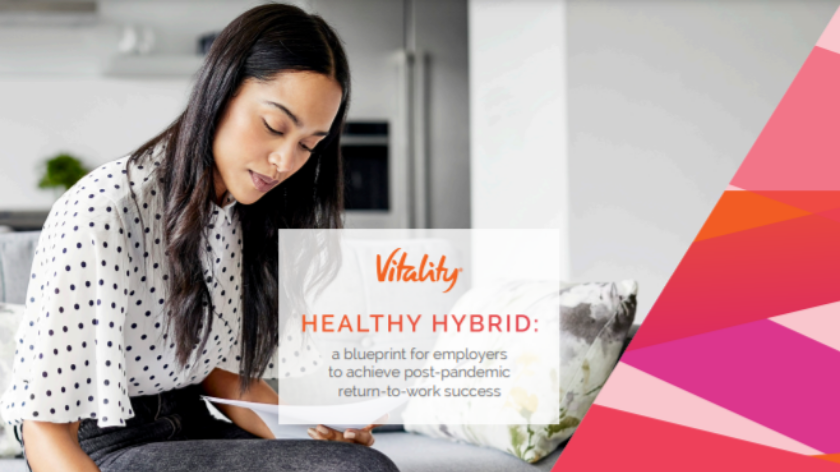Mind the Generational Gap in Well-being
A worrying trend emerges across dimensions when looking at the survey results: younger people are disproportionately struggling. Even before lockdowns, Generation Z fared much worse than other generations in terms of mental health and wellbeing (18% of Gen Zs vs. 7% of Boomers rating mental health and wellbeing as somewhat to very bad), but post-lockdown, while other generations have stabilized, the situation has worsened from Gen Zs, with 27% now rating their mental health and well-being as somewhat to very bad.
Across well-being dimensions, entry-level employees are much less satisfied (34%-41% moderately to extremely satisfied) than senior employees (62%-64%). Younger, entry-level employees feel significantly less supported by their managers – while 42% of senior employees feel their managers will support them in maintaining their mental health in the future, only 21% of entry-level employees feel the same. Gen Zs and millennials also expect more from their managers to support their well-being and well-being activities, from maintaining work-life balance to caring for dependents.
Entry-level employees have experienced fewer of the benefits of working remotely compared to more senior employees. For example, while 60% of senior staff felt they could spend more quality time with their immediate family, only 43% of entry-level staff felt the same. Having spent less time socializing and with family, younger staff are feeling more socially disconnected. Combined with poorer well-being and less manager support, Gen Z is overwhelmed. They are even overwhelmed and distracted by the new technology that has helped most other workers achieve more productivity (47%) and have a better work-life balance (53%), which is surprising given that Generation Z grew up with technology. This indicates that pressures in life and work are compounding to a degree that additions feel overwhelming and distracting. The result is that younger generations are more likely to leave their jobs, with 27% of Gen Zs and 30% of millennials moderately to extremely likely to leave their jobs in the next 6-12 months, compared to just 15% of Boomers. Employers must pay urgent attention to attract and retain younger staff. Engaging Generation Z and millennials requires an adaptation of strategy compared to previous generations with enhanced well-being support, especially from managers.
Access the full findings from the Healthy Hybrid: A Blueprint for Employers to Achieve Post-Pandemic Return-to-Work Success report
Make sure to check out the other posts in our Healthy Hybrid series.







